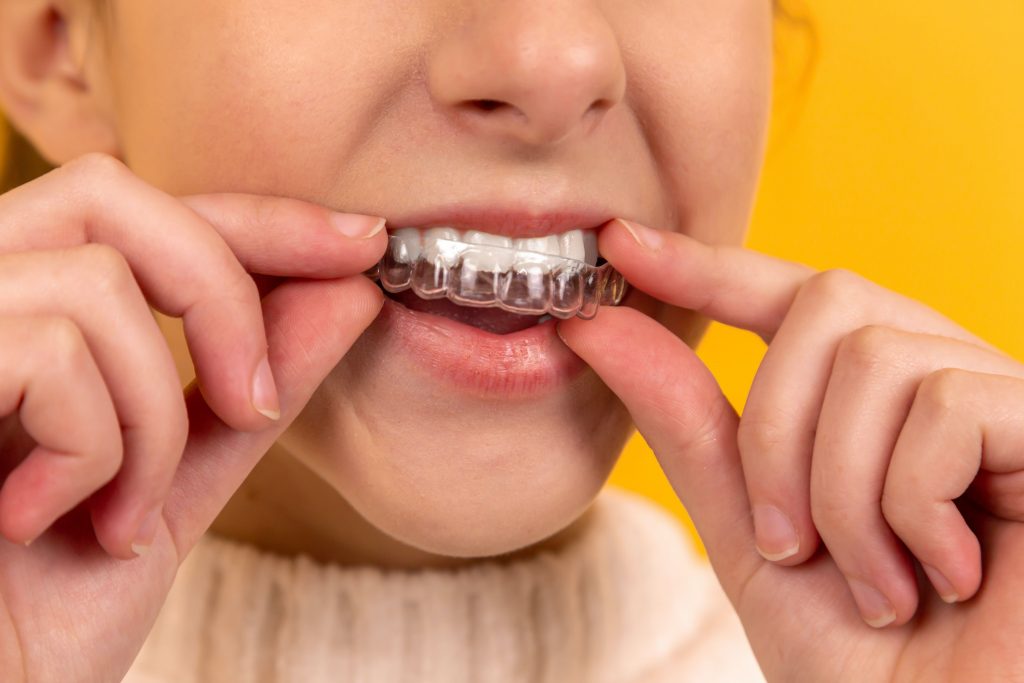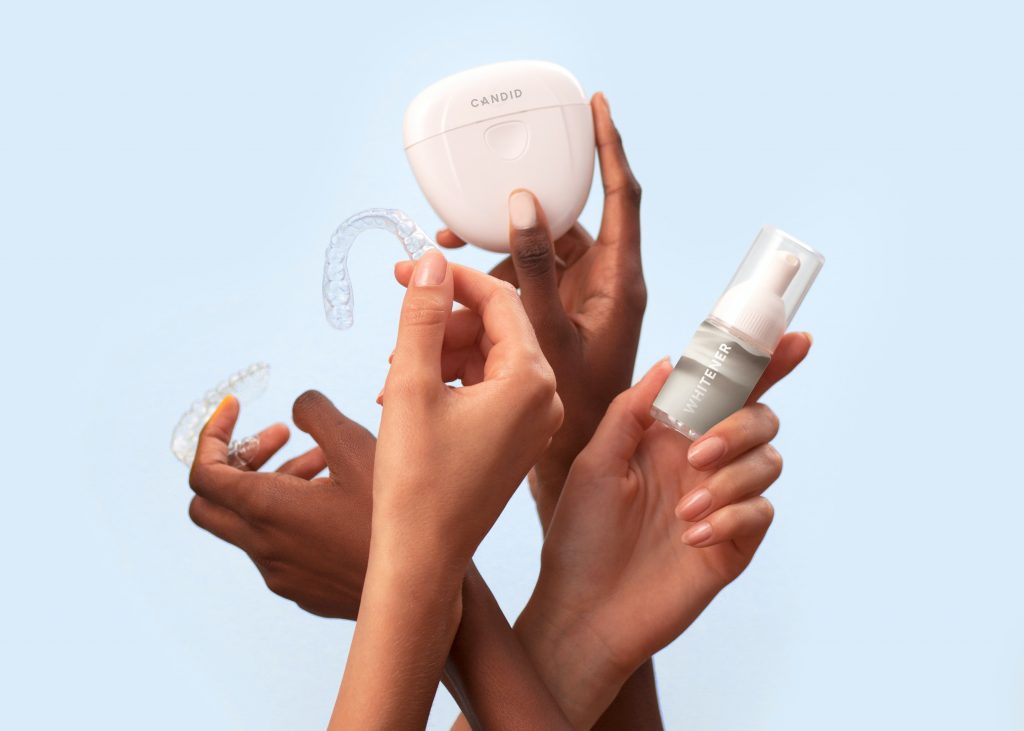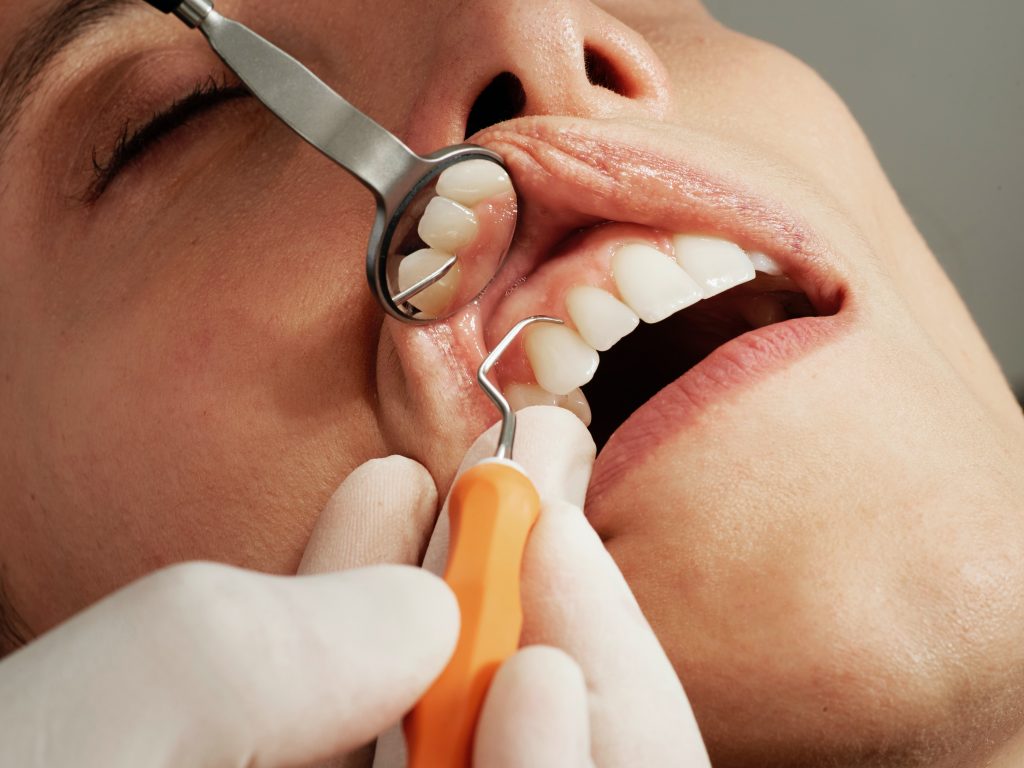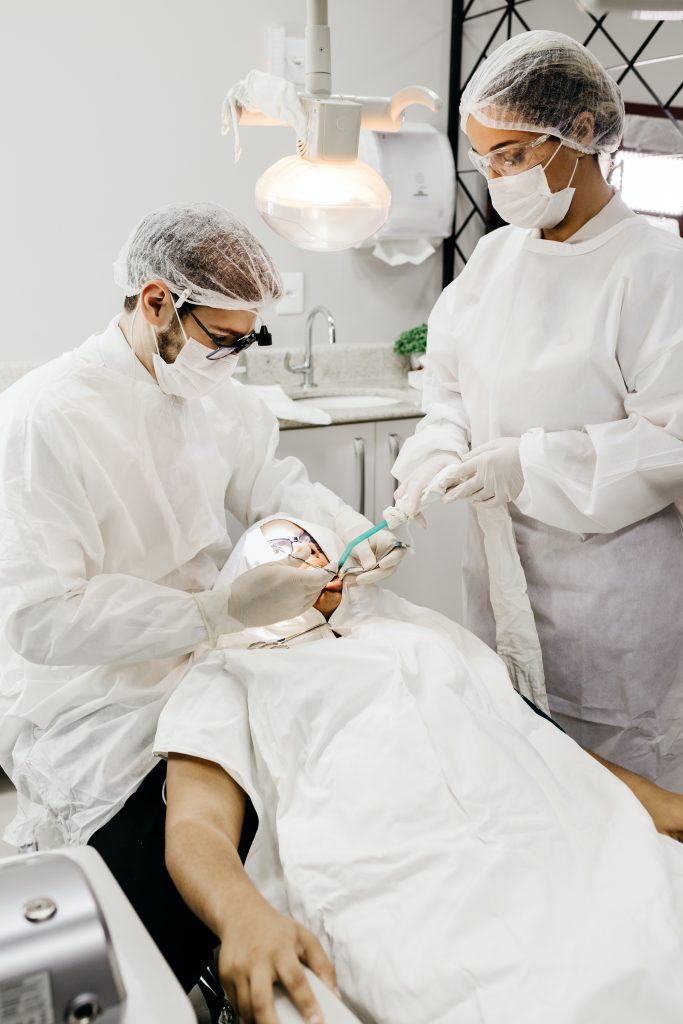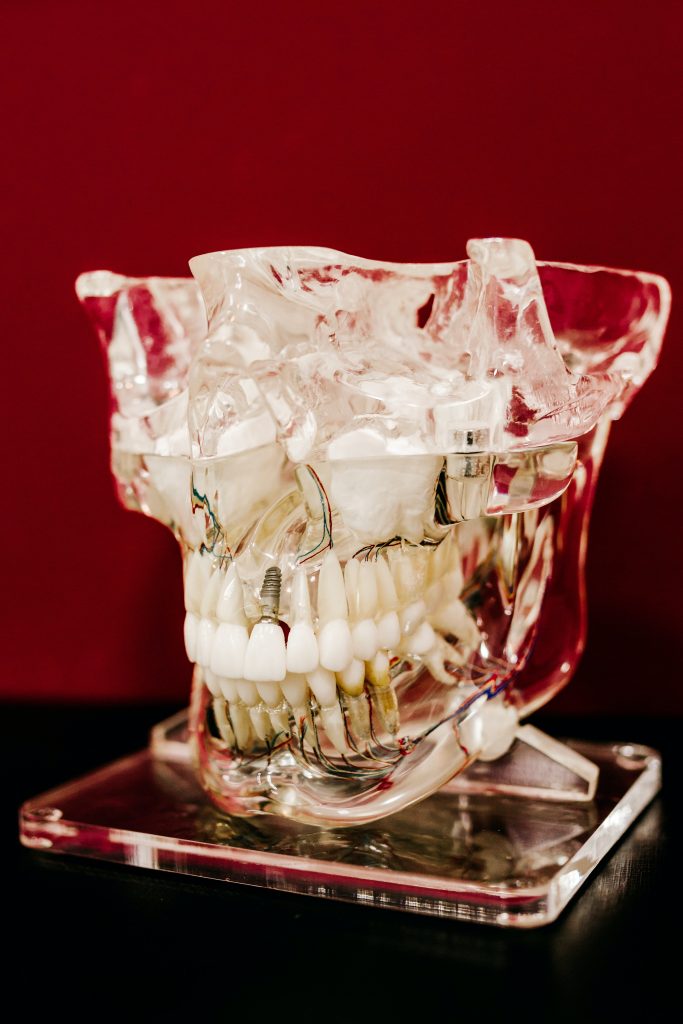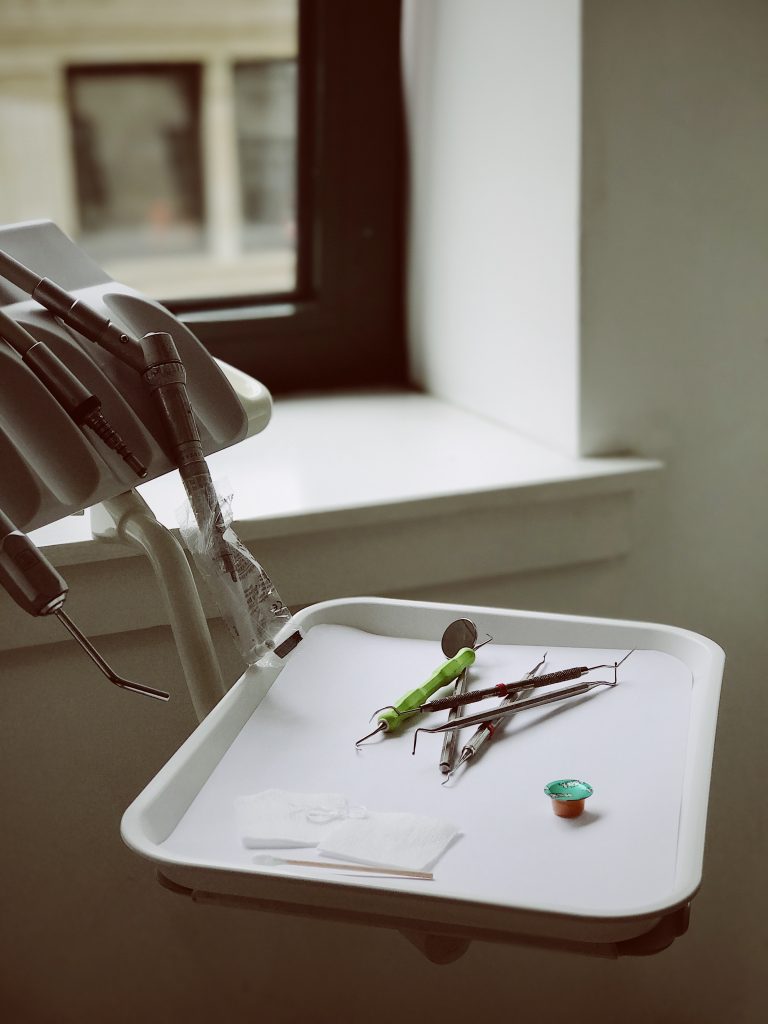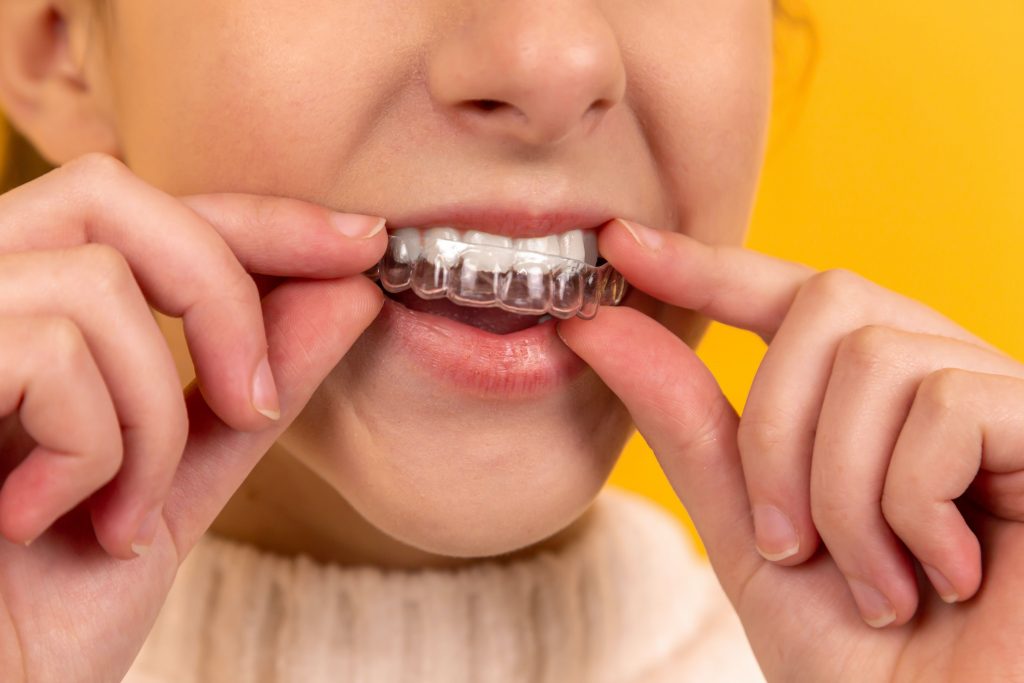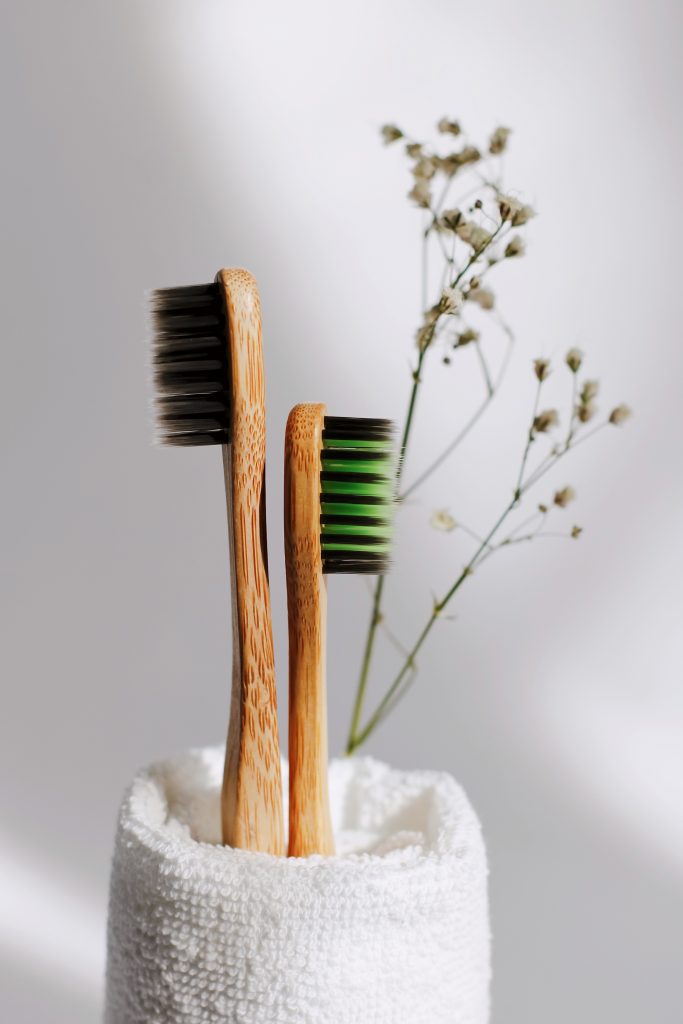
As your trusted holistic dentist, I’m here to tell you that a simple yet often overlooked step in maintaining your oral health lies in the tool you use every day – your toothbrush.
Many patients ask, “How often should I replace my toothbrush?” The American Dental Association recommends that you change your toothbrush approximately every three to four months, or sooner if the bristles become frayed.
Why? Over time, toothbrush bristles can fray and lose their effectiveness. Moreover, worn-out bristles can harbor harmful bacteria that may affect your oral health, leading to tooth decay or gum disease.
In my practice of holistic dentistry, I see oral health as more than just healthy teeth and gums; it’s a window to your overall health. When your oral health is compromised by using an old toothbrush, it can lead to systemic diseases.
So, remember to keep an eye on your toothbrush and change it regularly. By doing so, you not only safeguard your oral health but also contribute to your overall wellness. After all, a small change can make a big difference!

